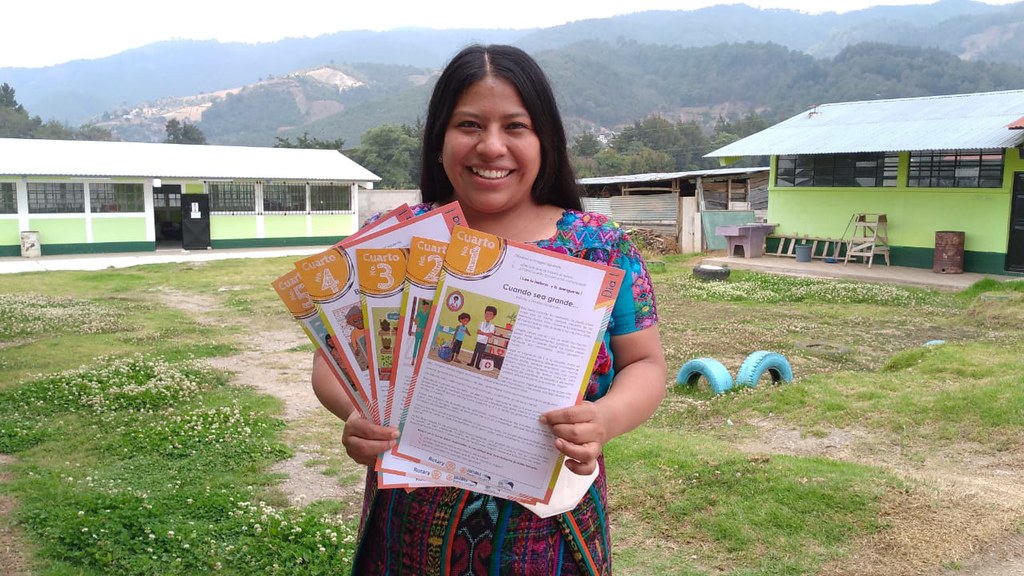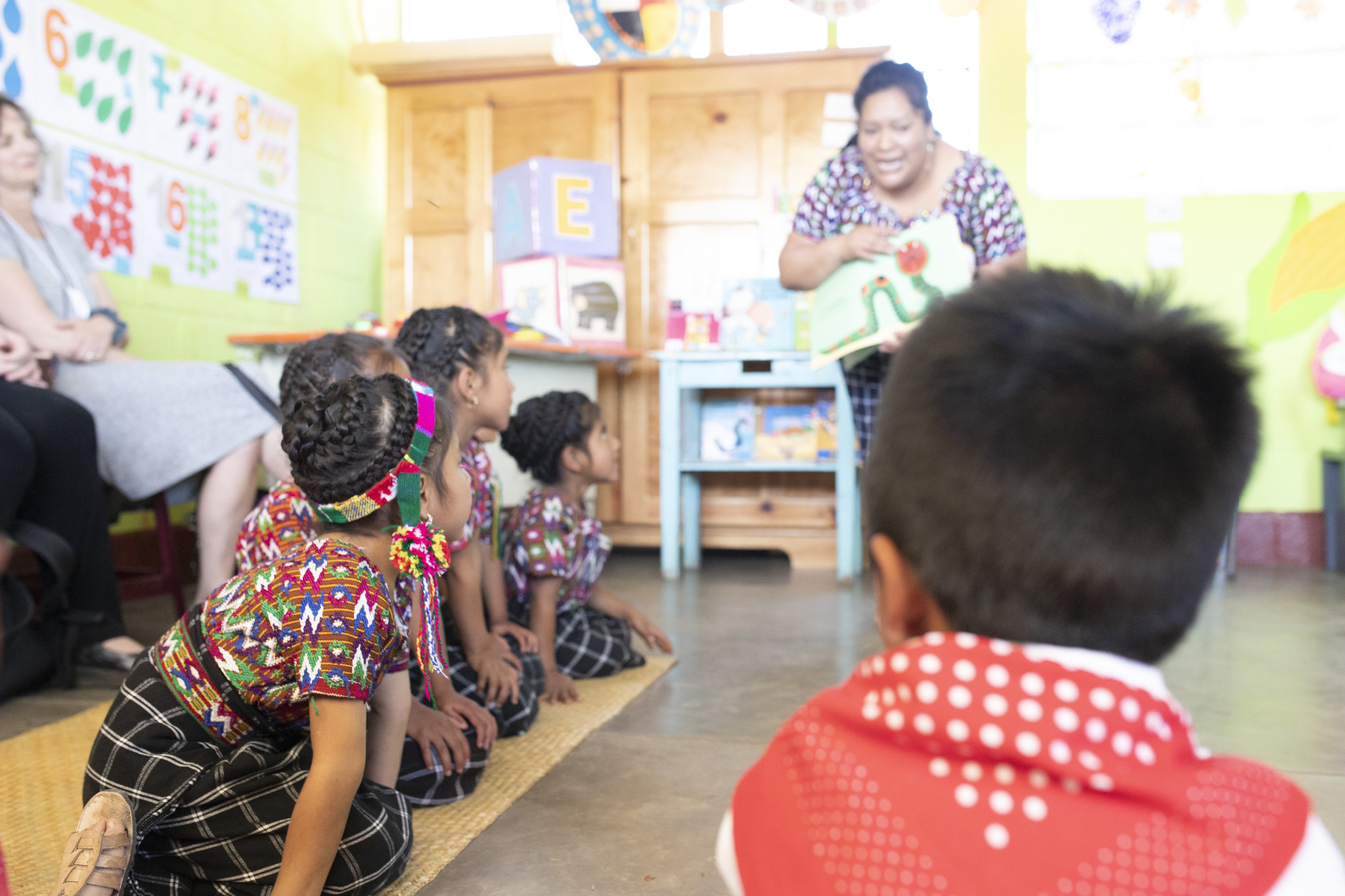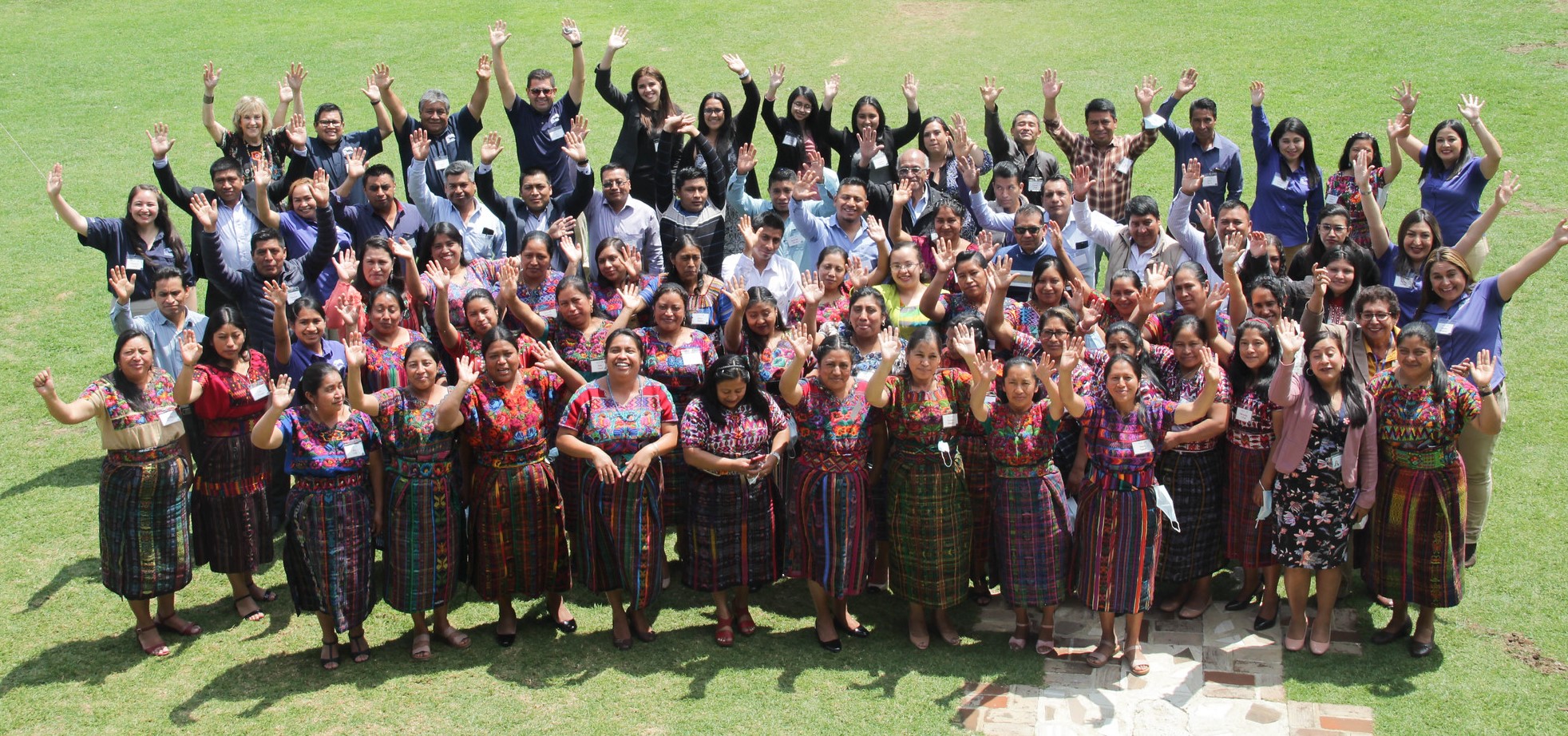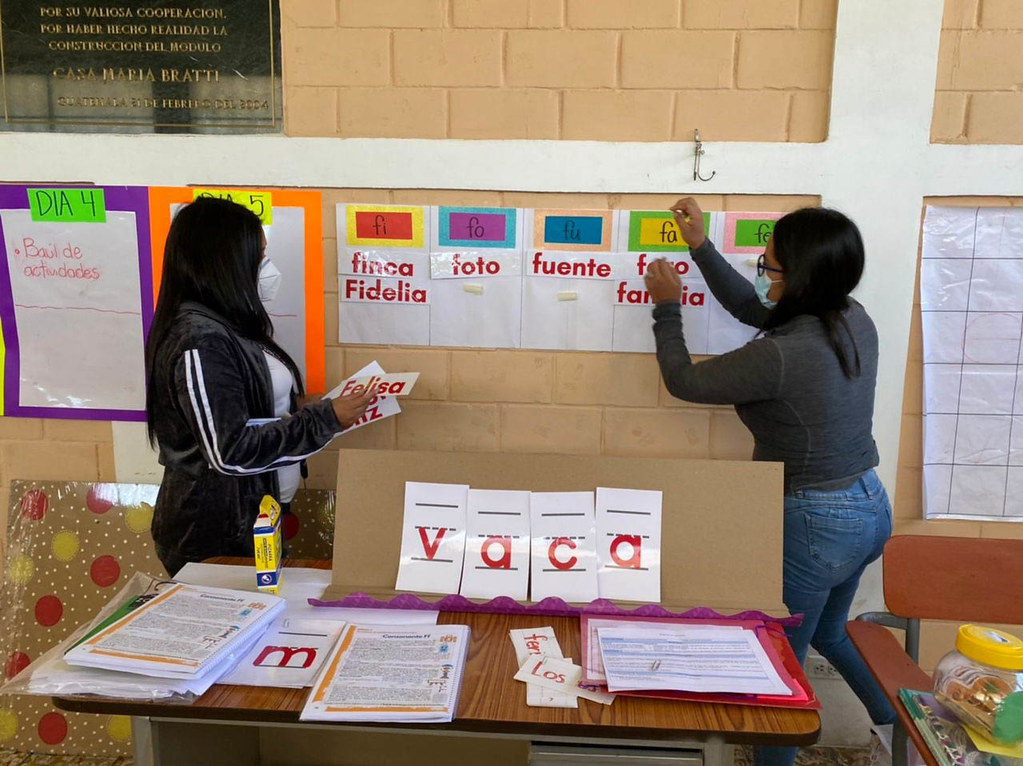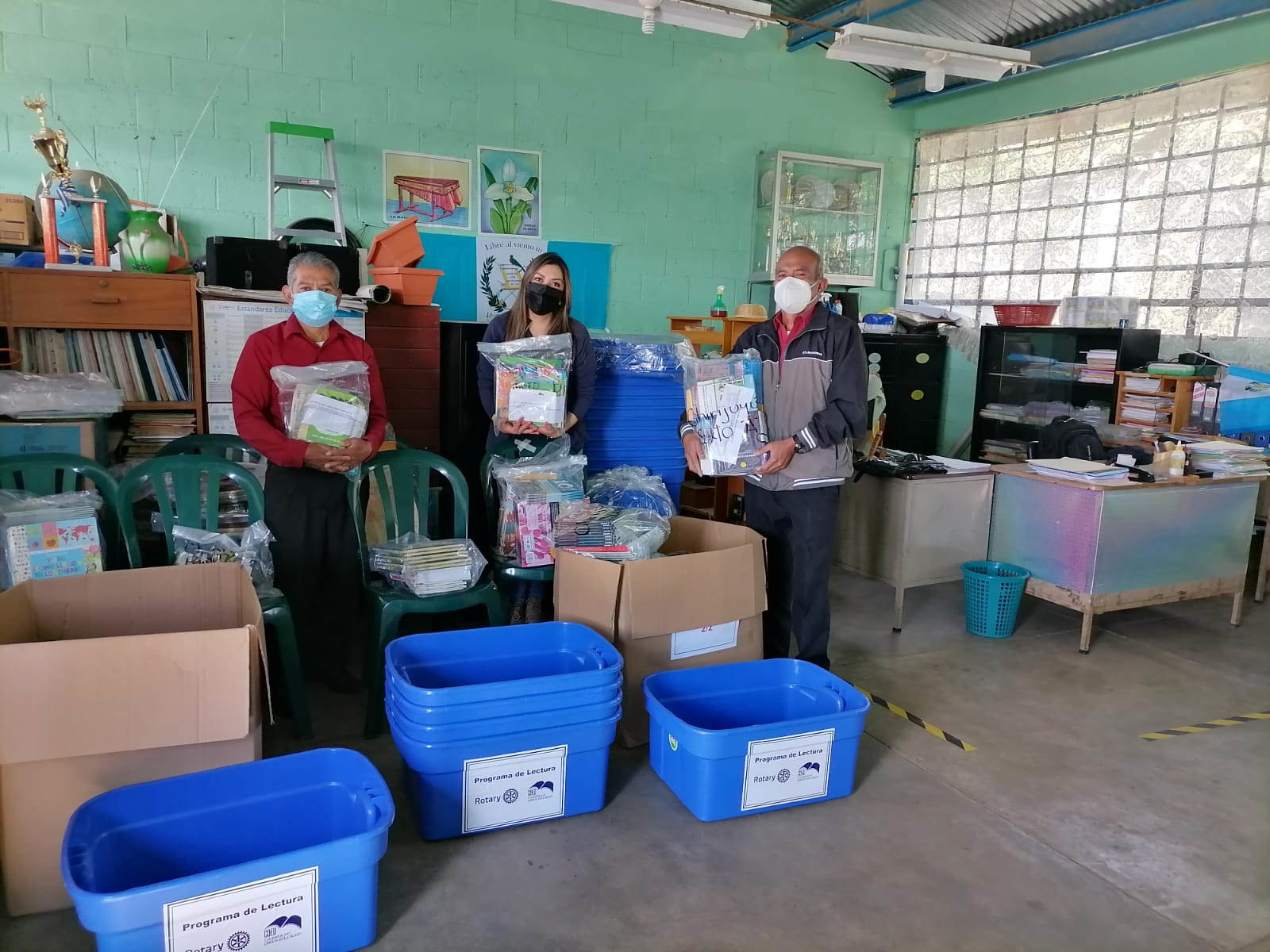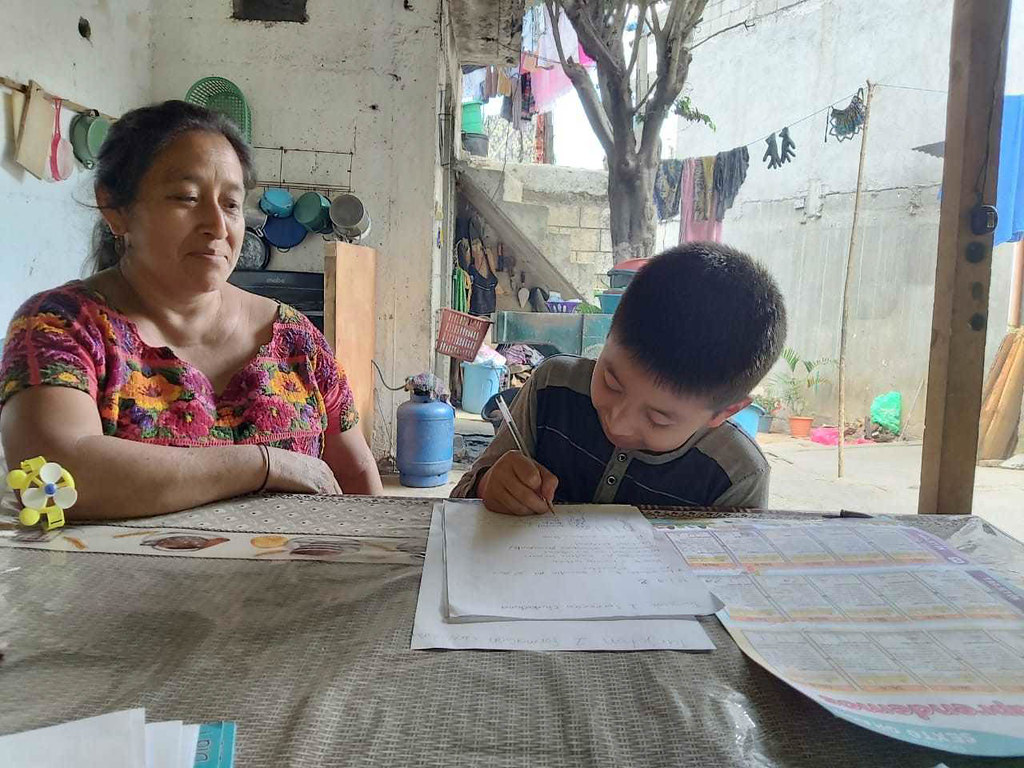Here at CoEd, we often get questions about how our programs operate in Guatemala. “Do you hire teachers or send volunteers to teach in Guatemala?”, “Do you start your own schools?”, “How on earth does a non-profit in Cincinnati, Ohio work with so many schools in Guatemala?”
Well, allow us to answer your questions with another question! You might know some of our U.S.-based staffers from events or emails, but did you know that CoEd has more than 40 Guatemalan staff members who run the day-to-day operations of our programs? Experts in their fields, our program teams in Guatemala bring decades of knowledge and experience as former teachers, professors, engineers, school administrators, Ministry of Education employees, IT and finance specialists, and psychologists.
What’s more, a few of our Guatemalan staff members are bilingual and trilingual in some of Guatemala’s many indigenous languages—enabling us to build trust and collaborate in school and communities where Spanish is not the dominant language.
Take a look at our Spark Reading Program, for instance. Our team of qualified Educational Trainers partner with communities and schools to train primary-school teachers in effective reading instruction. Primary-school teachers receive two years of intensive training combined with individual support and instruction through in-class visits. They also receive 60 to 192 high-quality children’s books (depending on grade level and class size), which enable them to read with their students every day.
A primary school teacher demonstrates how her Spark training is implemented in the classroom.
Why do the teachers need additional training?
In rural Guatemala, many teachers have a high school education but lack the specialized training in what techniques are most effective for students’ learning and how to use them. As a result, these teachers—through no fault of their own—use ineffective and outdated techniques to teach reading, emphasizing rote memorization instead of comprehension and critical thinking.
Kids become bored and fail to learn to read, leading to high dropout rates: 80% of rural indigenous children who begin primary school will not complete it. Without adequate reading skills, these young people enter adult life unable to read a bank statement, a voting ballot, or the label on a bottle of medicine. They remain targets of exploitation and injustice, and the cycle of poverty continues for them and their families.
Since the program began in 2008, 1,177 teachers have completed or are currently in the Sparking Reading training program. Think of the ripple effect these teachers are making as they educate a new group of students year after year, creating a widespread increase in early-grade literacy across Guatemala!
Spark trainers and teachers celebrate another successful training day.
A message from our Spark Reading Program Coordinator, Rebeca:
Dear sponsor,
I hope that you are well with your family and that all your activities are successful.
By these means I want to extend my gratitude for your commendable collaboration towards the CoEd Spark Program. Your support has allowed teachers in rural Guatemala to be trained in literacy teaching techniques and motivation and reading comprehension strategies. This training process allows the knowledge that the teachers acquire to be applied with their students, and they develop abilities and skills that allow them to be critical and analytical thinkers.
As a result of the pandemic, we have innovated the training and monitoring processes for teachers and students. In conjunction with the Spark Reading Program team, new teaching techniques have been implemented that have made it possible to follow up on the training process that were carried out prior to the pandemic.
Thanks to the support that you have given us during this time of the pandemic, we have managed to train more than 502 teachers through a virtual platform that provides them with tools that complement the dynamics of teaching literacy and reading comprehension after virtual training and in-person. Likewise, they have received teaching materials to apply teaching strategies with their students. We have delivered more than 28,343 reading books that the teachers use to work with their students in a hybrid education format.
The students have received training materials called “Reading Cards” to continue developing the acquisition of literacy and reading comprehension at a distance. This material has been provided individually. Each grade has 5 different designs. In total, 35 designs have been created. The teachers follow up on the contents of this material and their comments have been positive since the students have achieved the necessary skills, despite the difficulties presented by the pandemic. We have delivered more than 56,025 reading cards.
During this process, the parents participated and followed up on the contents of the reading cards with the “Guides for Parents”. Teachers comment that the involvement of parents has been one of the most important achievements within the communities since parents are now involved in student learning. We delivered more than 11,205 guides for parents.
For all of the above, I am infinitely grateful for the support you give us because the results are evident in teachers, students, and parents. Your generous contribution allows us to continue working with vulnerable communities that are transforming through education.
Sincerely,
Rebeca Román
Spark Reading Program Coordinator
Interested in sponsoring a Spark teacher and their classroom? Or want to learn more about the teaching methodology behind the Sparking Reading Program?

